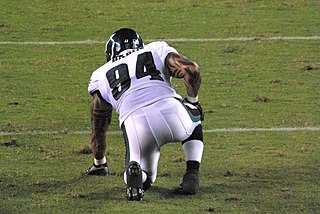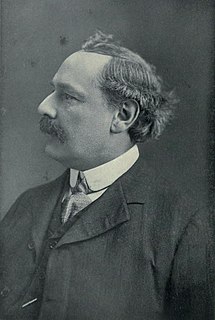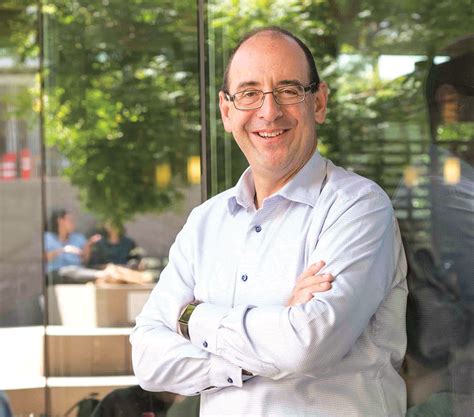A Quote by Warren Buffett
An investor should act as though he had a lifetime decision card with just twenty punches on it.
Related Quotes
The individual investor should act consistently as an investor and not as a speculator. This means ... that he should be able to justify every purchase he makes and each price he pays by impersonal, objective reasoning that satisfies him that he is getting more than his money's worth for his purchase.
In 1978 I decided not to work with Man Ray as an act of self-discipline. I didn't want to rely on him. Man Ray hated not working, though. He would come into my studio, see me drawing or working on photographs, and just slump down at my feet with a big sigh. Fortunately for both of us the year ended. Polaroid had invented a new camera, the twenty-by-twenty-four, and I was invited to Cambridge, Mass., to experiment with it. Naturally, I took Man Ray and we were working again.
In our view, though, investment students need only two well-taught courses-How to Value a Business, and How to Think about Market Prices. Your goal as an investor should simply be to purchase, at a rational price, a part interest in an easily-understandable business who's earnings are virtually certain to be materially higher five, ten and twenty years from now.
Suppose it was demonstrated that one out of twenty alcoholics could learn to become a moderate social drinker. The experienced clinician would answer, 'Even if true, act as if it were false, for you will never identify that one in twenty, and in the attempt five in twenty will be ruined.' Investors should forsake the search for such tiny needles in huge haystacks.
I feel no shame at being found still owning a share when the bottom of the market comes…I would go much further than that. I should say that it is from time to time the duty of a serious investor to accept the depreciation of his holdings with equanimity and without reproaching himself. … An investor…should be aiming primarily at long-period results, and should be solely judged by these.
This may not be the path for everyone. But the trust of which we speak is not an act of heroism. it is an act of surrender that makes the decision easier. It sounds unbelieveable, but I know it to be true. Leave the decision to God and you relieve yourself of the anxiety that comes from thinking that the choice is yours - the sneaking suspicion that you might have done better had you been a little more careful, a little luckier.
Once we have a sense of how long a decision should take, we generally should delay the moment of decision until the last possible instant. If we have an hour, we should wait 59 minutes before responding. If we have a year, we should wait 364 days. Even if we have just half a second, we should wait as long as we possibly can ... Life might be a race against time but it is enriched when we rise above our instincts and stop the clock to process and understand what we are doing and why. A wise decision requires reflection, and reflection requires a pause.

































